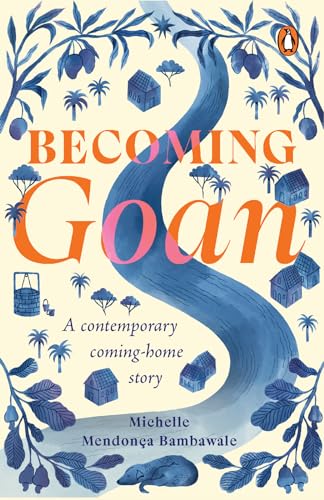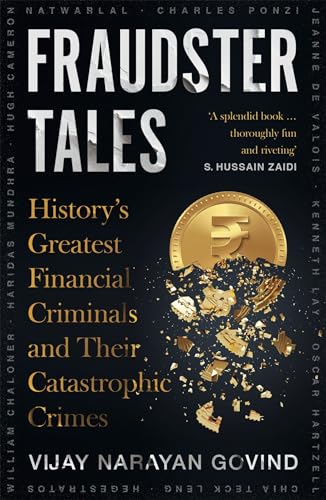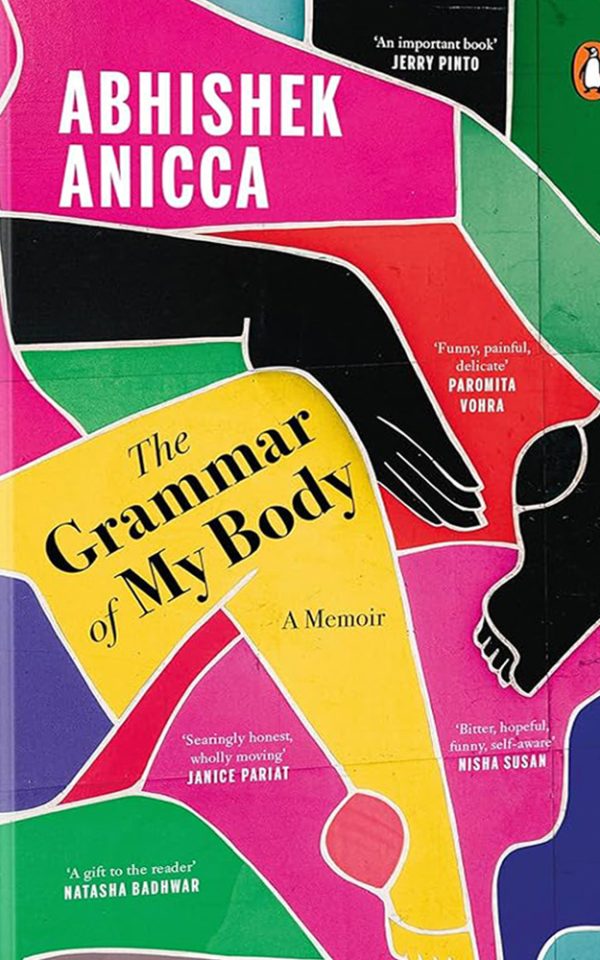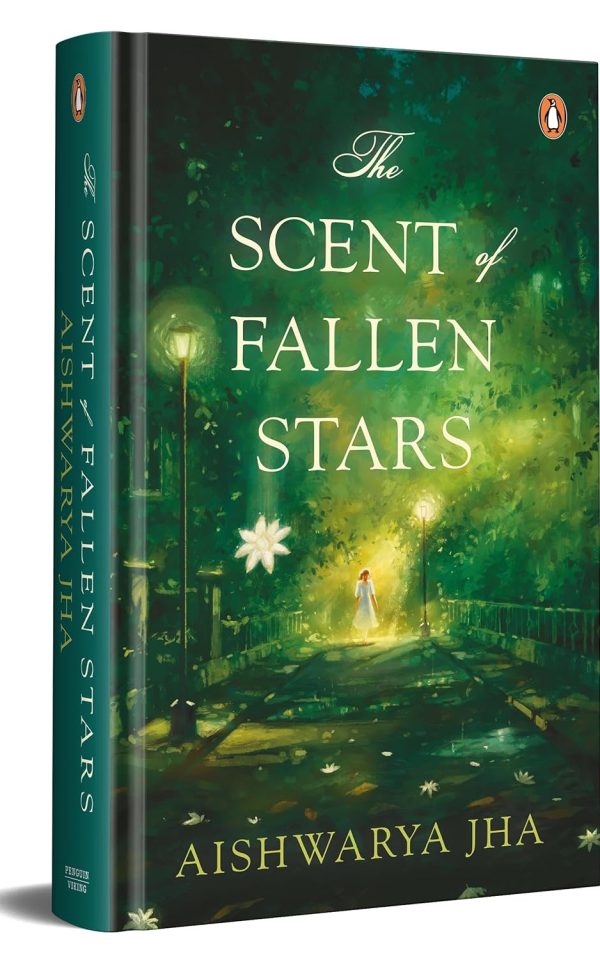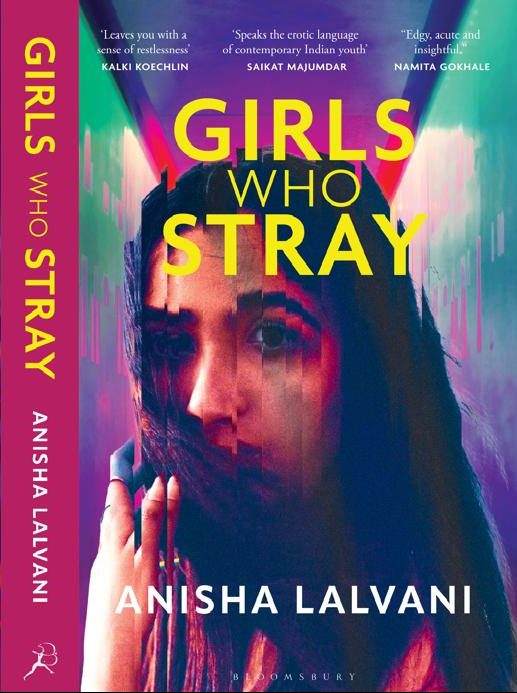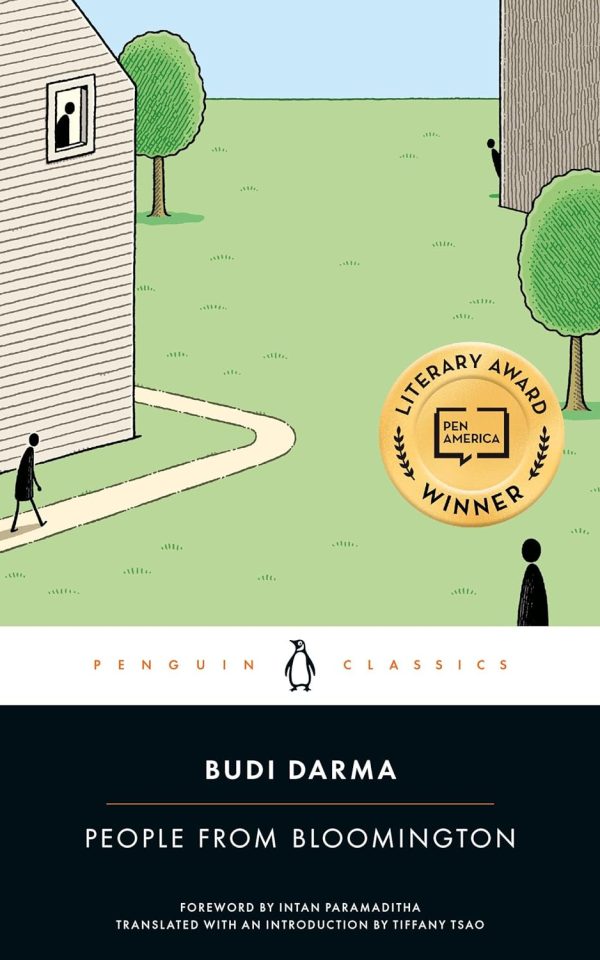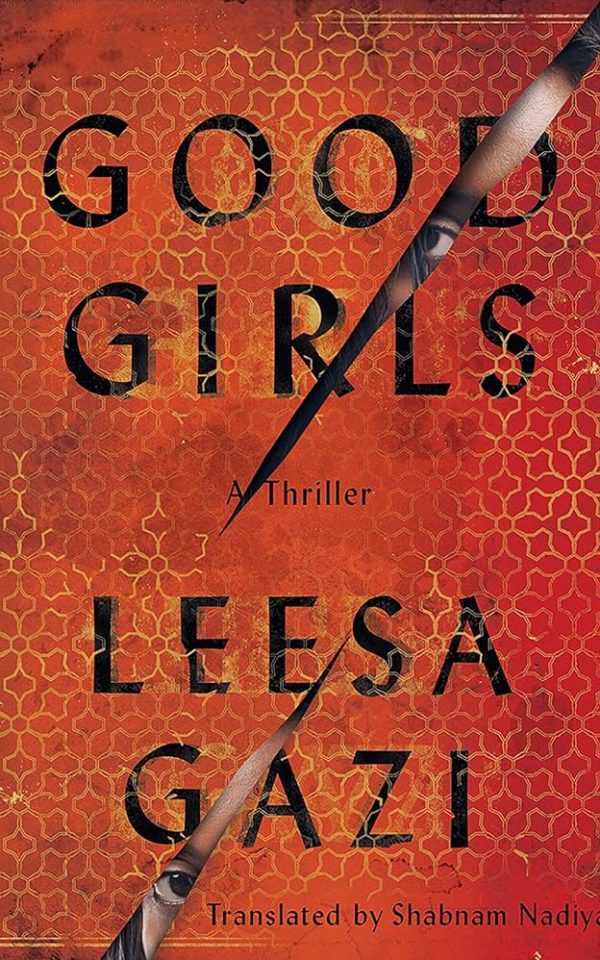Becoming Goan
Goa’s magnetism and its promise of a relaxed, almost bohemian lifestyle, have always attracted admirers and colonizers. Before the locals could make up their minds about such interlopers, Covid-19 brought hordes of them to town―Michelle Mendonça Bambawale was one of them. In June 2020, Michelle found herself moving to the 160-year-old house she had inherited in Siolim, a village in North Goa, with her human and canine family.
Having never lived in Goa before, she couldn’t help but wonder if her Goan ancestry made her an insider or if she would forever remain an outsider. In this memoir, she confronts her complex relationship with her Goan Catholic heritage and explores themes of identity, culture, migration, stereotypes and labels.
She also uncovers some of the uncanniest legends that pervade Siolim, including those of St. Anthony and the Snake, Sao Joao, and the statue of Beethoven. She also takes us back to Siolim and Goa in the 1970s and 1980s, where she spent her summer vacations without paved roads or electricity, pulling water from a well. Today, she dodges reeking septic tankers, earth movers and piling plastic garbage while walking her Labrador, Haruki.
Becoming Goan is a heartfelt and charming story of Michelle's love for this land that her grandparents left her. She cares deeply about Goa's biodiversity and is distraught about the environmental impact of tourism, construction and mining. Her devotion to Mother Earth deepens as she learns more about her roots, steeped as they are in syncretic traditions.

